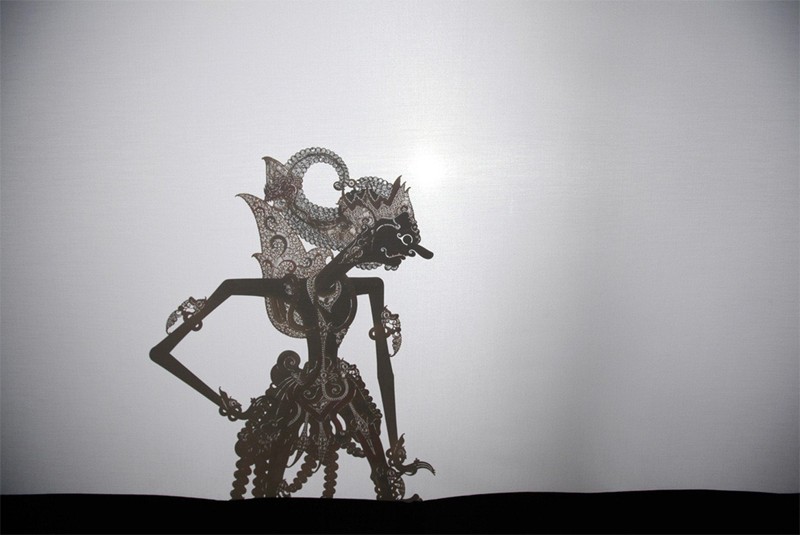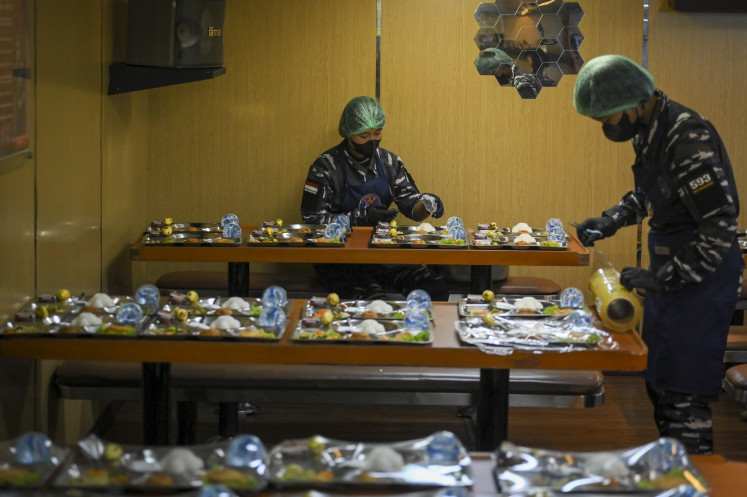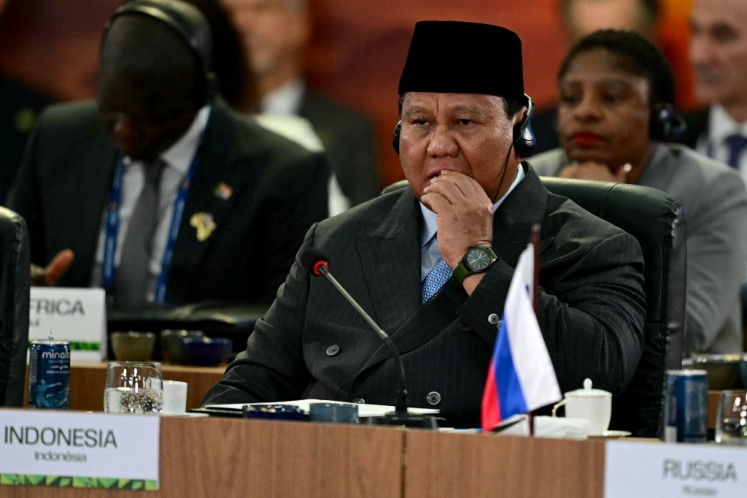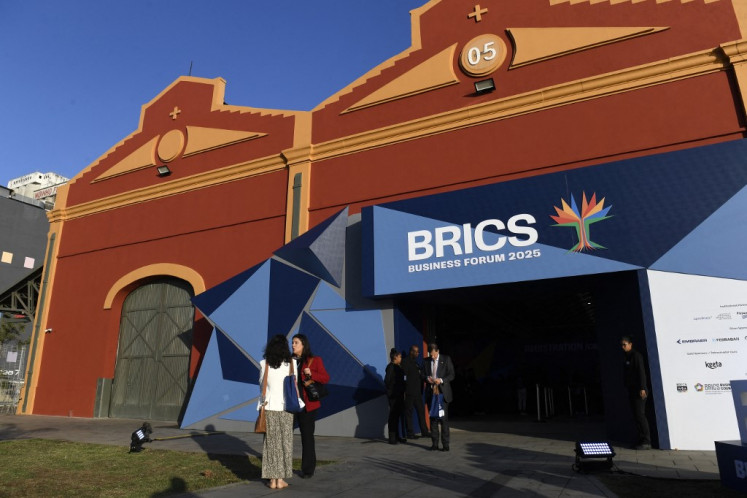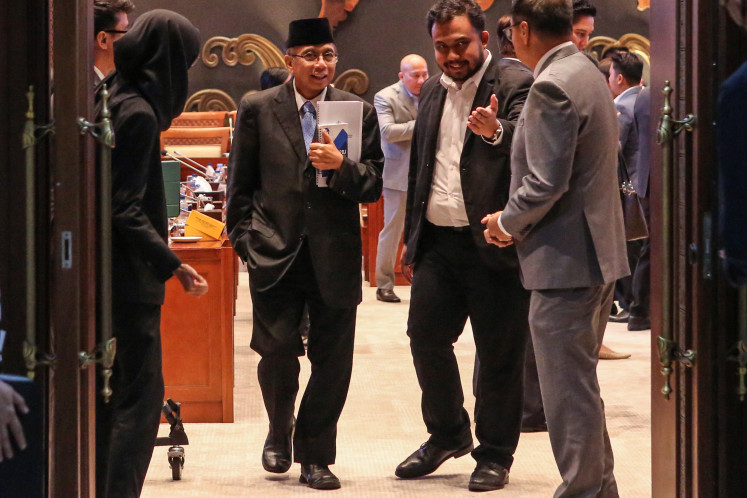Popular Reads
Top Results
Can't find what you're looking for?
View all search resultsPopular Reads
Top Results
Can't find what you're looking for?
View all search resultsCOMMENTARY: Pathology of populism: Can voters be trusted anymore?
Change text size
Gift Premium Articles
to Anyone
C
an voters under a democracy be trusted these days? That’s the most pertinent question we should ask today as more evidence shows that voters in country after country are turning their back on many of what we consider established values and norms in democracies, such as greater prosperity, protection of human rights and peace.
Faced with the prospect of greater economic integration through globalization, voters in the UK chose to sever ties with the EU and went their separate ways through Brexit. In the US, the same sentiment paves the way for the rise of a racist demagogue like Donald Trump. In Germany, the progressive stance of Chancellor Angela Merkel on the refugee problem has been met with a rebuke from voters, with electorates choosing the bandwagon of right wing political party Alternative für Deutschland. In neighboring Hungary, nearly 98 percent of those who voted in a referendum rejected the EU proposal to allow more refugees to settle in the country.
The latest blow to the ideals of democracy came from Colombia, where more than 50 percent of voters rejected a peace deal that had been negotiated for four years by the administration of President Juan Manuel Santos and the Marxist rebel group FARC. We can still argue about the merit of voters saying no to a trade deal that they believe could ship jobs overseas (e.g. Trump’s fascination with China), but it is beyond comprehension to see voters rejecting a peace deal that could prevent deaths and further destruction from conflict.
Beyond the obvious question why prime ministers and presidents today have the penchant to hold a referendum (which is redundant in a system of representative democracy), the nagging question is what brings voters to challenge the political establishment and embrace populism, something that many considered “a pathology to democracy” and one considered “the paranoid style of politics”. What could explain the rise of “Make America Great Again” or the nativist appeal of a politician like Viktor Orban of Hungary?
Many have pointed to socioeconomic causes of populism, that those who lose under globalization are more xenophobic as they believe foreigners in their midst will take away jobs (Trump’s wall against Mexico again comes to mind). The key to the rise of populism can also be found in politics.
Populism could be a response to the existing democratic political system that does not function as the majority of the population wants it to, and these disenfranchised voters decide to vote for populist leaders who promote a quick fix to society’s ills. Once given a chance to express themselves directly in a non-traditional way (e.g. referendum), those disillusioned with the current democratic arrangement would deliver a surprise that would rock the foundation of a stable society (Brexit).
Populism appeals to these people because they simply don’t believe in representative democracy anymore. Supporters of populist leaders or ideology believe that democratic institutions have been controlled by special interests, the elites or moneyed section of the society (British Labor Party leader Jeremy Corbyn remains popular in the UK in the post-Brexit period partly because of his pledge to renationalize public services that have been taken over by private firms).
Suspicion toward democracy gives disenfranchised voters the motivation to disown democratic institutions and elect leaders that could short-circuit the system. It is likely that voters in Colombia did not necessarily reject the peace deal. It may be that they simply disapproved of a proposal made by a US-educated, pro-market president who comes from a wealthy family that is unpopular for raising taxes for the average people.
Should Indonesia be worried about populism? Initially, the rise of popular politicians like President Joko “Jokowi” Widodo and Jakarta Governor Basuki “Ahok” Tjahaja Purnama gave hope to voters who were fed up with corruption resulting from the marriage of convenience between politicians and the moneyed class.
In fact, at the outset, Ahok displayed the tendencies of a “populist” governor, especially with his predisposition toward alienating politicians at the Jakarta City Council and political parties. But as the job of governing became more complicated, both Jokowi and Ahok chose to compromise and made policies that many perceived as benefiting the rich and the elites.
The forced evictions, reclamation projects on the northern Jakarta coast, tax amnesty program, the granting of licenses to import basic commodities, were designed and carried out to benefit those who are close to the power center, or at least this is what most people think today. This does not look good for the incumbents and could serve as an invitation for populist candidates.
We have seen that in the Jakarta gubernatorial election, in which candidates and their supporters have begun to promote nativist sentiments, brandishing religion and ethnicity as tools to attract voters. Once we allow this to happen, things may only go downhill from there.

